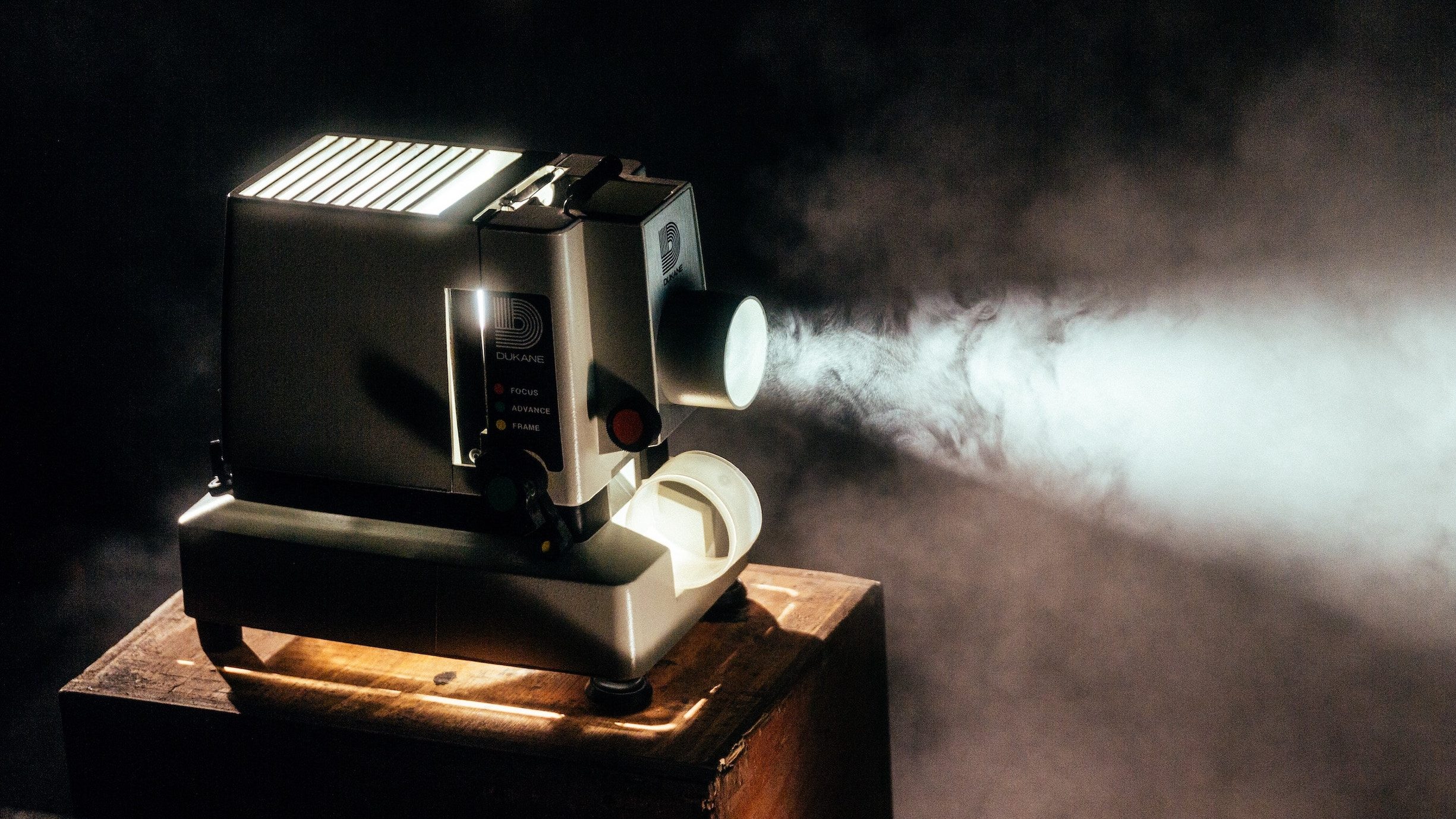ラ・ラ・ランド “Maybe I’m not good enough” シーン
大ヒット映画、La La Landからです。
女優になるのを諦め、就職するために大学へ通うべく実家へ戻った Emma Stone 演じる Mia に、元彼氏である Sebastian が大ニュースを知らせに来るシーンです。
Mia がオーディションで何度も何度も落ちた気持ちを吐き出しますが、オーディションや採用面接で落ちた経験がある人はたくさんいると思いますので、その時の気持ちを思い返すと共感出来ると思います。
オーディションや面接では色々な要素があるので、落ちた人が必ずしも能力がないというわけではないですが、そういうことがわかっていても「不採用」というのは存在を否定されているような気分にさえなります。
僕も何度かオーディションに落ちた経験があるので、この気持ちは痛いほどよくわかります。Emma はこの演技でアカデミー賞の最優秀女優賞を受賞しました。
Mia の表情が非常に印象的で、表情の移り変わりはさすがアカデミー女優だなと感心させられます。
スクリプトは2:50までのシーンです。
La La Land – “Maybe I’m Not Good Enough” – Scene
スクリプト
Mia: Why did you come here?
Sebastian: Because I have good news.
Mia: What?
Sebastian: Amy Brandt, the casting director.
Mia: Yeah.
Sebastian: She was at your play, and she loved it. And she loved it so much that she wants you to come in tomorrow and audition for this huge movie that she’s got.
Mia: I’m not going to that. I’m not going to that.
Sebastian: What?
Mia: That one’s gonna be… No. That one’s gonna be…
Sebastian: I’m sorry?
Mia: That will kill me.
Sebastian: What?!
Mia: What? What? Shh! Stop!
Sebastian: No!
Mia: – Shh! Shh! You have to be quiet. We’re in a neighborhood.
Sebastian: If you want me to be quiet, you have to make some goddamn sense! Tell me why you’re not going.
Mia: They’ll call the police. Because. Because…
Sebastian: Why?
Mia: I’ve been to a million auditions, and the same thing happens every time where I get interrupted because someone wants to get a sandwich! Or I’m crying, and they start laughing! Or there’s people sitting in the waiting room, and they’re, and they are like me, but prettier and better at the… Because maybe I’m not good enough!
Sebastian: Yes, you are.
Mia: No… No, maybe I’m not.
Sebastian: Yes, you are.
Mia: Maybe I’m not.
Sebastian: You are.
Mia: Maybe I’m not.
Sebastian: You are.
Mia: Maybe I’m one of those people that has always wanted to do it, but it’s like a pipe dream for me, you know? And then, you said it, you change your dreams, and then you grow up. Maybe I’m one of those people, and I’m not supposed to. And I can go back to school, and I can find something else I’m supposed to do. ‘Cause I left to do that, and it’s been six years, and I don’t want to do it anymore.
Sebastian: Why?
Mia: Why what?
Sebastian: Why don’t you want to do it anymore?
Mia: ‘Cause I think it hurts a little bit too much.
Sebastian: You’re a baby.
Mia: I’m not a baby. I’m trying to grow up.
Sebastian: You are. You’re crying like a baby.
Mia: Oh my God.
Sebastian: You have an audition tomorrow at 5:30. I’ll be out front at 8:00 A.M. You’ll be out front or not, I don’t know.
Mia: How’d you find me here?
Sebastian: The house in front of the library.
解説
I’ve been to a million auditions. “have been to” VS “went”
“have been to” と “went“の違いについて書いてみます。両方とも過去にどこそこへ行ったということは共通していますが、それ以外の違いはなんなのでしょうか。
よく旅人同士で今までどこの国へ行ったとか、ここに行ったとかあそこに行ったとか、そういう話をすることがあります。
「あそこに行ったときに〜をした」という行った先での行動が主題の時は when I went to〜 と言いますが、経験としてどこそこに行ったことがある、という場合は、I’ve been to〜 を使います。
ネイティブ曰く、have been to は、そこに行ってすでに戻ってきている、という感じで、もうそこにはいない感じがするそうです。要するに経験ですね。
それを踏まえて I’ve been to a million auditions を見てみると、まさしくたくさんのオーディションに参加した経験があるということになります。
一方、I went to と言うと、そこに行ったというアクションと、その後にその場で何をしたのかということが焦点になるようです。例えば、
When I went to NY, I watched a musical.
のような感じです。
アフリカに行ったことがあるという経験を話すつもりで、Well, I went to Africa once. で話を止めると、相手は前のめりで So, what happened in Africa?と話の続きを聞きたくなるかもしれないですね。
最後に
それほど難しい英語は出てきませんが、ヒアリングするのはネイティブの英語をかなり聴き慣れていないとなかなか難しいです。ヒアリングはとにかく慣れることが全てですので、慣れましょう。
ここには日常会話でよく使う単語や言い回しがたくさんありますので、気に入ったものをいくつか盗んでおきましょう。いつか役に立つ日が来ます。



コメント